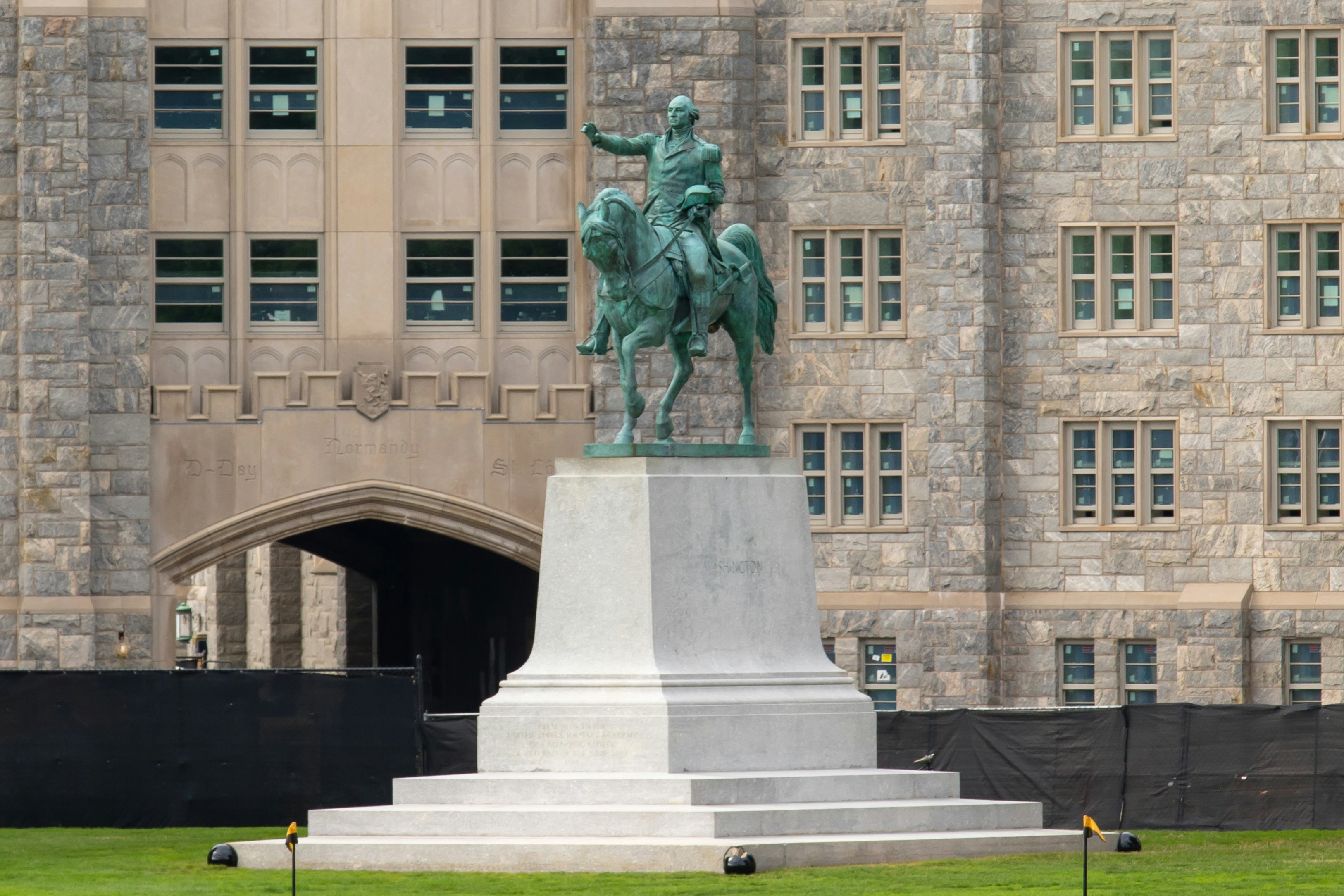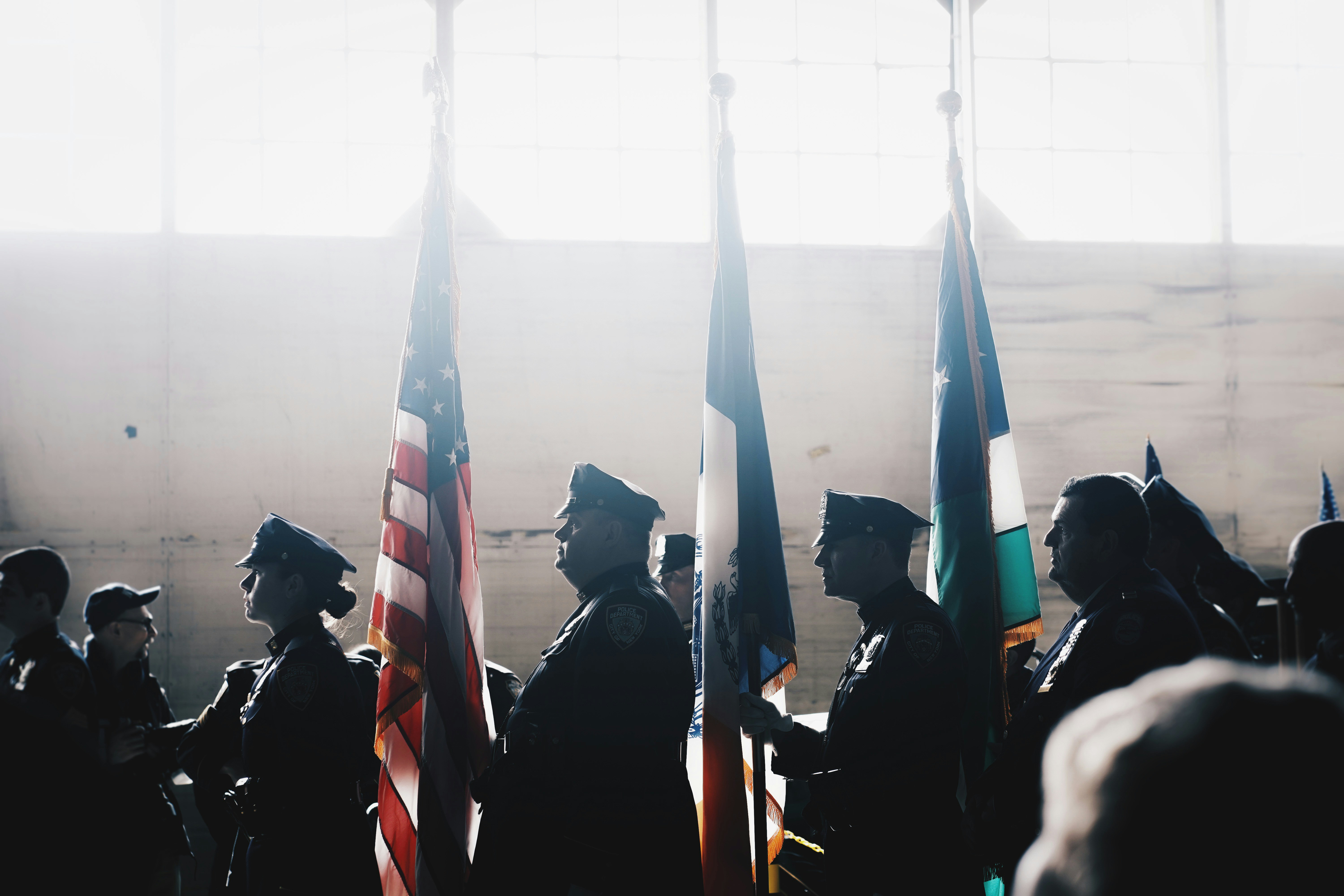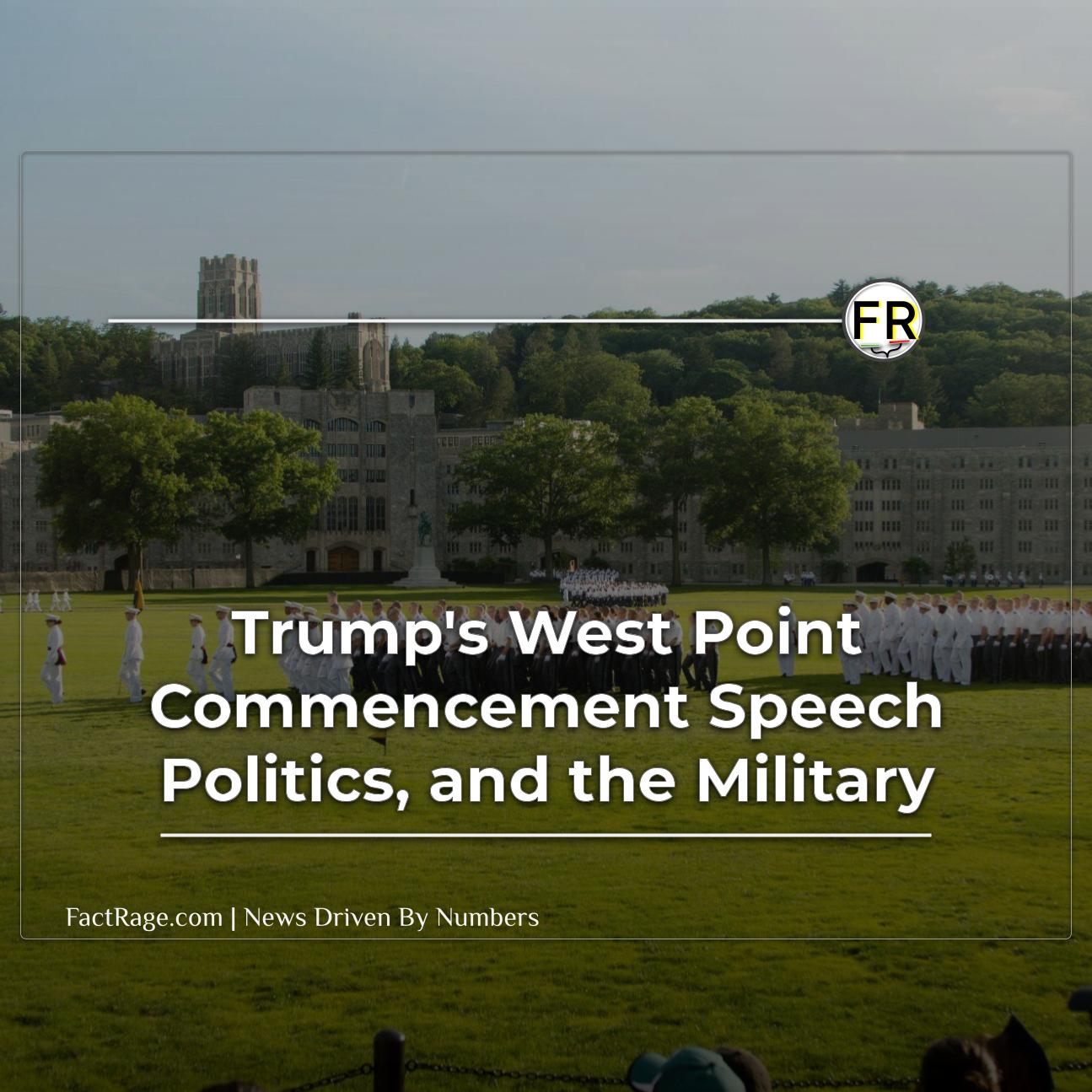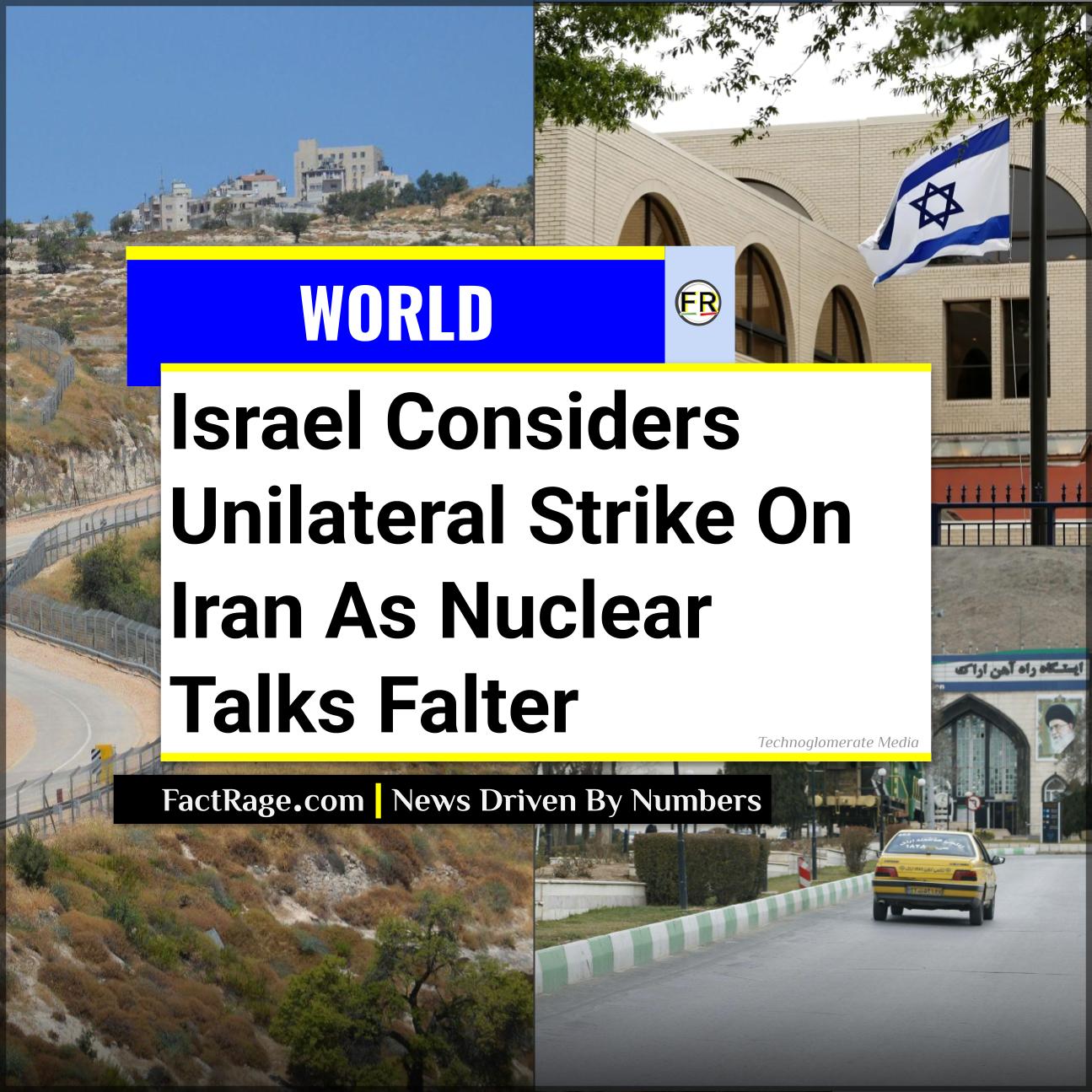WEST POINT, NY – President Donald Trump returned to the podium at the U.S. Military Academy at West Point on Saturday to deliver a commencement speech that blended traditional praise for the graduating cadets with familiar political rhetoric, touching on his past grievances, policy positions, and campaign-style boasts.
- Political Blend: President Trump’s speech at West Point combined traditional praise for graduating cadets with characteristic political rhetoric, touching on past grievances and campaign-style boasts.
- Contrasting Reactions: The address drew mixed responses, with some viewing it as an inappropriate venue for partisan messaging, while others in the audience were reportedly supportive.
- Policy Signals: Trump’s remarks highlighted his “America First” foreign policy stance, critiquing “nation-building” and signaling a potential shift in military policy regarding diversity, equity, and inclusion should he return to office.
Presidential Addresses at West Point: A Tradition

Presidents frequently address graduating classes at military academies. While not an annual occurrence, presidents have consistently spoken at West Point and other service academies, often using the platform to address military readiness, foreign policy, and the role of the armed forces. Since Dwight D. Eisenhower, every president has delivered at least one commencement speech at a military academy. Donald Trump has now delivered the West Point commencement address twice as president.
Trump’s History of Commencement Speeches
Donald Trump has delivered several commencement speeches as president. Beyond his previous address at West Point in 2020, he has spoken at other institutions, including the U.S. Naval Academy. These speeches often reflect his distinct communication style, frequently incorporating elements seen at his political rallies.
Reception and Reactions
Trump’s speech at West Point on Saturday garnered mixed reactions, reflecting the broader political landscape. While many in the audience were reportedly supportive, some critics viewed the speech as an inappropriate venue for campaign-style rhetoric. Outside the academy, small demonstrations took place, with some individuals expressing dissent. The speech quickly became a topic of discussion in political media, with commentators analyzing its content and implications.
6 Key Points

Trump’s address deviated from typical commencement fare at several points, incorporating elements common to his political rallies. Key themes and noteworthy statements included:
- “Rebuilding the Military”: Trump reiterated his claim that he “rebuilt” the U.S. military during his first term, asserting it is now the “greatest and most powerful army the world has ever known.”
- Critique of “Nation-Building”: He criticized past political leaders for engaging the military in “nation-building crusades” and “undefined missions,” advocating for a more focused military objective of “crushing America’s adversaries” and “killing America’s enemies.” This aligns with his “America First” foreign policy stance.
- Anti-DEI and “Woke” Military: Trump emphasized his administration’s efforts to eliminate “divisive and demeaning political trainings,” including critical race theory and transgender-related programs, from the military. He stated there would be “no more critical race theory or transgender for everybody forced onto our brave men and women in uniform.”
- Boasting of Achievements and Grievances: The speech included references to his 2020 election claims, his legal challenges (comparing his investigations to Al Capone’s), and his administration’s perceived successes, such as record peacetime recruiting and border security.
- Advice to Cadets: Amidst the political statements, Trump also offered advice to the graduating cadets, urging them to work hard, think big, take risks, and “never ever give up.” He emphasized the need for “patriots with guts and vision and backbone” rather than “careerists and yes men.”
- Individual Recognition: Trump acknowledged the achievements of specific cadets, including the football quarterback Bryson Daily, whom he also used as an example in a broader discussion about transgender athletes.
The address underscores the ongoing intersection of politics and the military, particularly as the nation approaches another election cycle.











